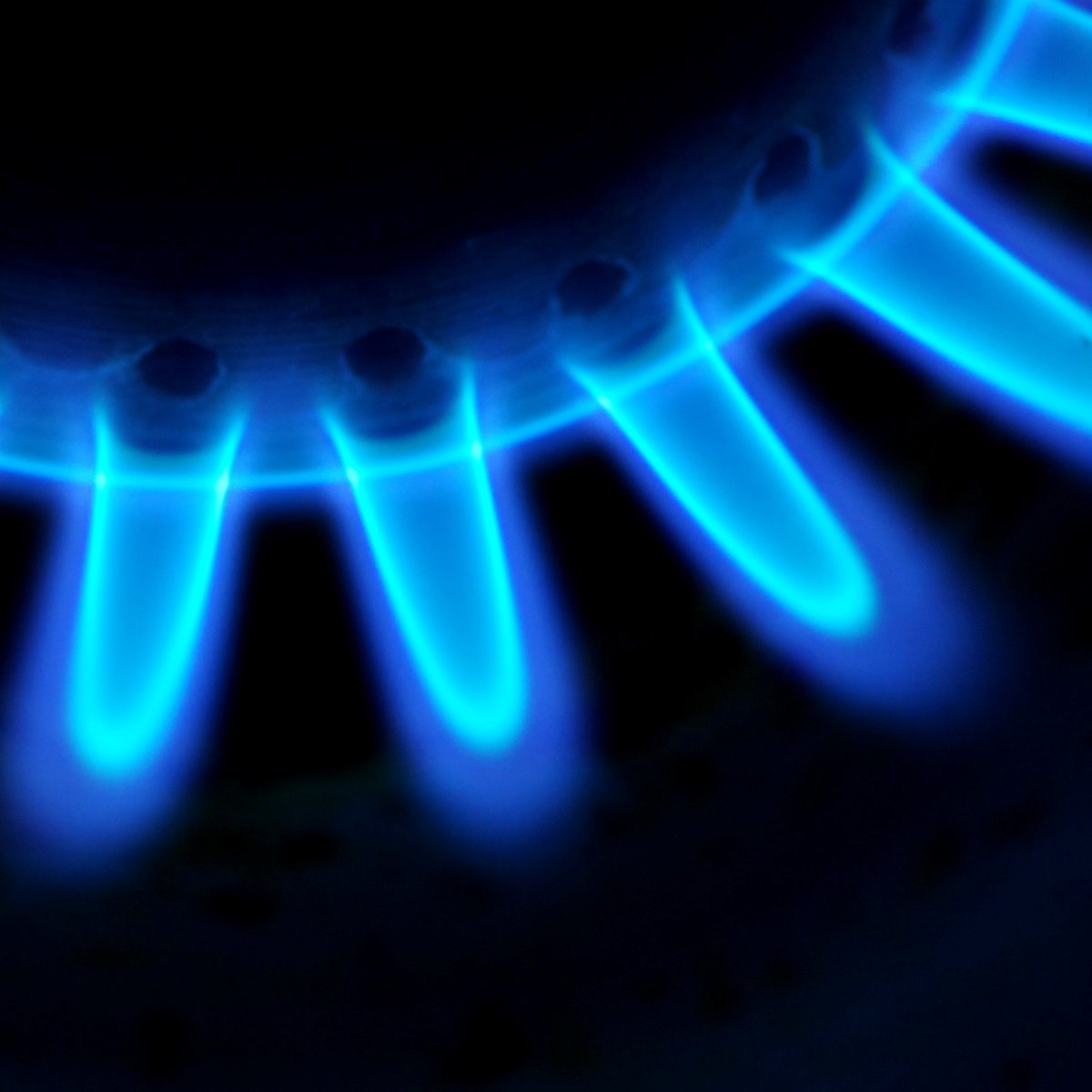Energy
Was the Merrill Lynch Downgrade of Chesapeake Justified?

Published:
Last Updated:

When big brokerage firms make big analyst downgrades, it can create a stir for investors. That does not appear to be the case in Chesapeake Energy Corp. (NYSE: CHK). In a sector value rotation, Merrill Lynch downgraded Chesapeake to Underperform from Neutral. The firm also lowered Chesapeake’s price objective to $8 from $10.
It appears by the trading reaction that investors think the call is late, misguided or still just implies too much upside to be as negative as the Underperform rating might sound. Otherwise, the stock might be down more than a small fraction under 1%, and the call still implies some upside from the $5.75 prior closing price.
Thursday’s downgrade of Chesapeake was actually in a large oil and gas sector rotation call that included many names, such as Exxon Mobil, Cabot, ConocoPhillips and Noble. Many targets were changed, and some key ratings were changed. One issue to consider is that the changes were from the unfavorable impact of a slower than expected oil recovery, with many companies seeming to have very little upside at current strip prices.
Analyst Doug Leggate and his team said of Chesapeake:
We rate Chesapeake as Underperform due to the unfavorable impact of a slower oil recovery. While the company has made significant strides in reducing costs and improving its balance sheet, the company is highly leveraged at weak oil and gas prices. … Our price objective of $8 is based on a five-year outlook which assumes a mid-cycle 5.5 times its DACF multiple and a commodity deck of $68.00 WTI / $3.25 HH. The multiple is based on a finite timeline to delivery, which is supported by core NAV.
When Merrill Lynch maintained a Neutral rating after Chesapeake’s earnings recently, its price deck assumptions were $67.59 for West Texas Intermediate and $3.50 for Henry Hub.
Despite this still implying more than 40% to the lowered price target, Leggate’s report said:
Chesapeake retains little upside at current strip prices. While we continue to believe that under CEO Doug Lawler significant strides have been made as far as lowering costs, renegotiating legacy takeaway agreements, reducing financial complexity and improving the balance sheet, if long term oil and gas price weakness persist, the company has still too much leverage. With net debt of approximately $9.3 billion, which may have recently ticked higher to $9.7 billion given it paid $441 million on April 28th to satisfy a judgment related to its 2019 notes litigation. With increased focused on the balance sheet, we believe that it may be more difficult for it to have the flexibility to fully exploit an improving operating backlog without meaningful asset sales… we believe outsize volatility fits less well with a more conservative near term sector view while versus multiple other names, upside at our base case is limited.
Chesapeake shares were last seen trading down just one cent at $5.74 halfway through Thursday’s trading session. Chesapeake has a 52-week trading range of $3.56 to $8.29, and it has a consensus analyst target price of $7.08. Suddenly, an $8 price objective doesn’t sound so bad, even if this downgraded might have had much more concern if you just looked at the analyst summary without considering the explanations inside that call.
A financial advisor can help you understand the advantages and disadvantages of investment properties. Finding a qualified financial advisor doesn’t have to be hard. SmartAsset’s free tool matches you with up to three financial advisors who serve your area, and you can interview your advisor matches at no cost to decide which one is right for you. If you’re ready to find an advisor who can help you achieve your financial goals, get started now.
Investing in real estate can diversify your portfolio. But expanding your horizons may add additional costs. If you’re an investor looking to minimize expenses, consider checking out online brokerages. They often offer low investment fees, helping you maximize your profit.
Thank you for reading! Have some feedback for us?
Contact the 24/7 Wall St. editorial team.